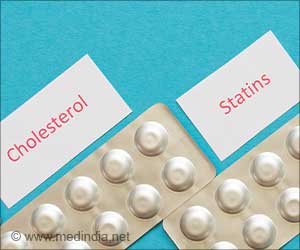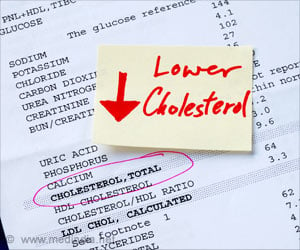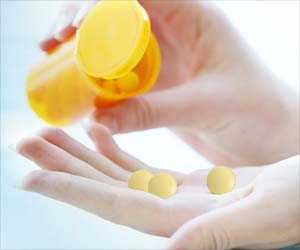A study at the Swedish medical university Karolinska Institutet has revealed that the so-called bad cholesterol (LDL) inhibits the breakdown of fat in cells of peripheral deposits.
The new finding reveals a novel function of LDL as a regulator of fat turnover, besides its well-established detrimental effects in promoting atherosclerosis.During the study, the researchers found that LDL cholesterol slows the rate of fat breakdown (i.e. lipolysis) in adipocytes, the peripheral cells responsible for fat storage.
Previous studies have shown the fatty acids released from the peripheral fat to the blood boost the synthesis of LDL precursors in the liver.
"The results of our study provide evidence of a reciprocal link between the liver and peripheral fat regulating fat turnover", said study-initiator Dr Johan Bjorkegren.
The finding also opens up for new theories for the well-established association between blood lipids and the metabolic syndrome.
"If proven of general physiological importance, therapies lowering LDL, as for instances Statins, may also affect the turnover of peripheral fat," Bjorkegren said.
Advertisement
The inhibitory effect was also shown to be dependent on LDL receptors on the surface of the fat cells.
Advertisement
The study is published in the open-access journal PLoS ONE.
Source-ANI
SRM














